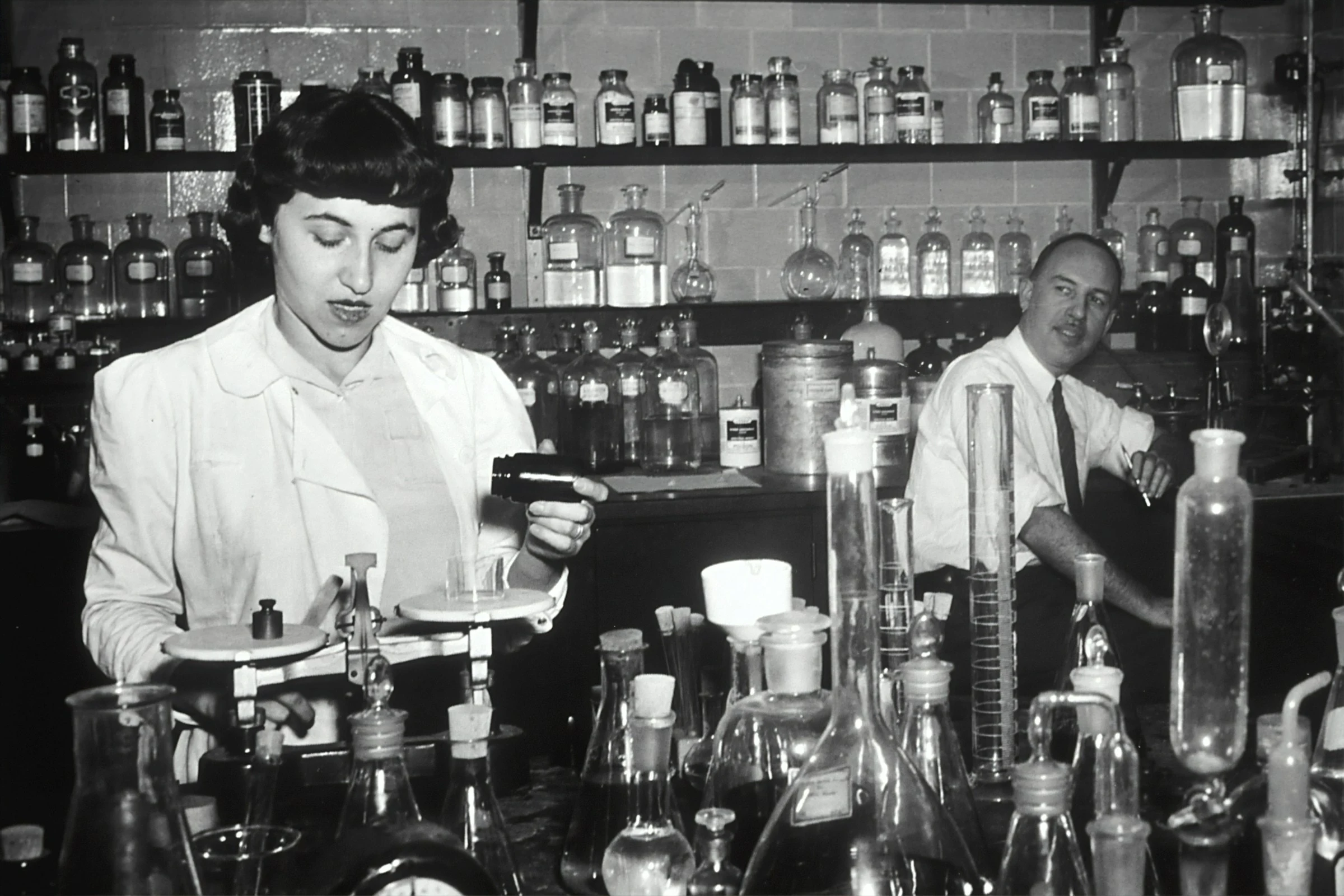
The history of peptides dates back thousands of years, with early civilizations recognizing the therapeutic properties of certain natural substances. However, the modern understanding and use of peptides in science and medicine began to emerge in the late 19th and early 20th centuries.
One significant milestone in the history of peptides occurred in 1902 when British physiologists Sir William Bayliss and Ernest Starling coined the term “hormone” to describe chemical messengers produced by the body. They discovered the first peptide hormone, secretin, which regulates digestion in the gastrointestinal tract.
In the following decades, scientists continued to explore the role of peptides in the body, uncovering their diverse functions and biological activities. Peptides were found to play crucial roles in various physiological processes, including growth, metabolism, immune response, and neurotransmission.
During the mid-20th century, advancements in peptide chemistry and technology enabled researchers to synthesize peptides artificially. This breakthrough opened up new possibilities for studying and manipulating peptide structures for therapeutic purposes.
In the 1950s and 1960s, the development of solid-phase peptide synthesis techniques by Nobel laureates Robert Bruce Merrifield and Bruce Merrifield revolutionized peptide synthesis, making it more efficient and accessible. This technique allowed for the production of custom-designed peptides with specific sequences and properties.
Throughout the latter half of the 20th century and into the 21st century, peptides gained increasing attention as potential therapeutic agents in medicine. Peptide-based drugs were developed to treat various conditions, including diabetes, cancer, infectious diseases, and metabolic disorders.
One of the most well-known peptide-based drugs is insulin, which revolutionized the treatment of diabetes after its discovery in the 1920s. Other peptide drugs include antibiotics, hormone replacements, and immunomodulators.
In recent years, peptides have also gained popularity in the fields of cosmetics and skincare for their ability to promote collagen synthesis, improve skin elasticity, and reduce wrinkles. Peptide-based skincare products are widely used for their anti-aging and rejuvenating effects.
Today, peptides continue to be a subject of active research and development, with scientists exploring their potential applications in areas such as drug delivery, tissue engineering, and regenerative medicine. With ongoing advancements in peptide chemistry, synthesis techniques, and biomedical technologies, the future holds promising opportunities for harnessing the therapeutic potential of peptides to improve human health and well-being.
Subscribe To Our Newsletter
Subscribe for your email and get 10% off your first order!











